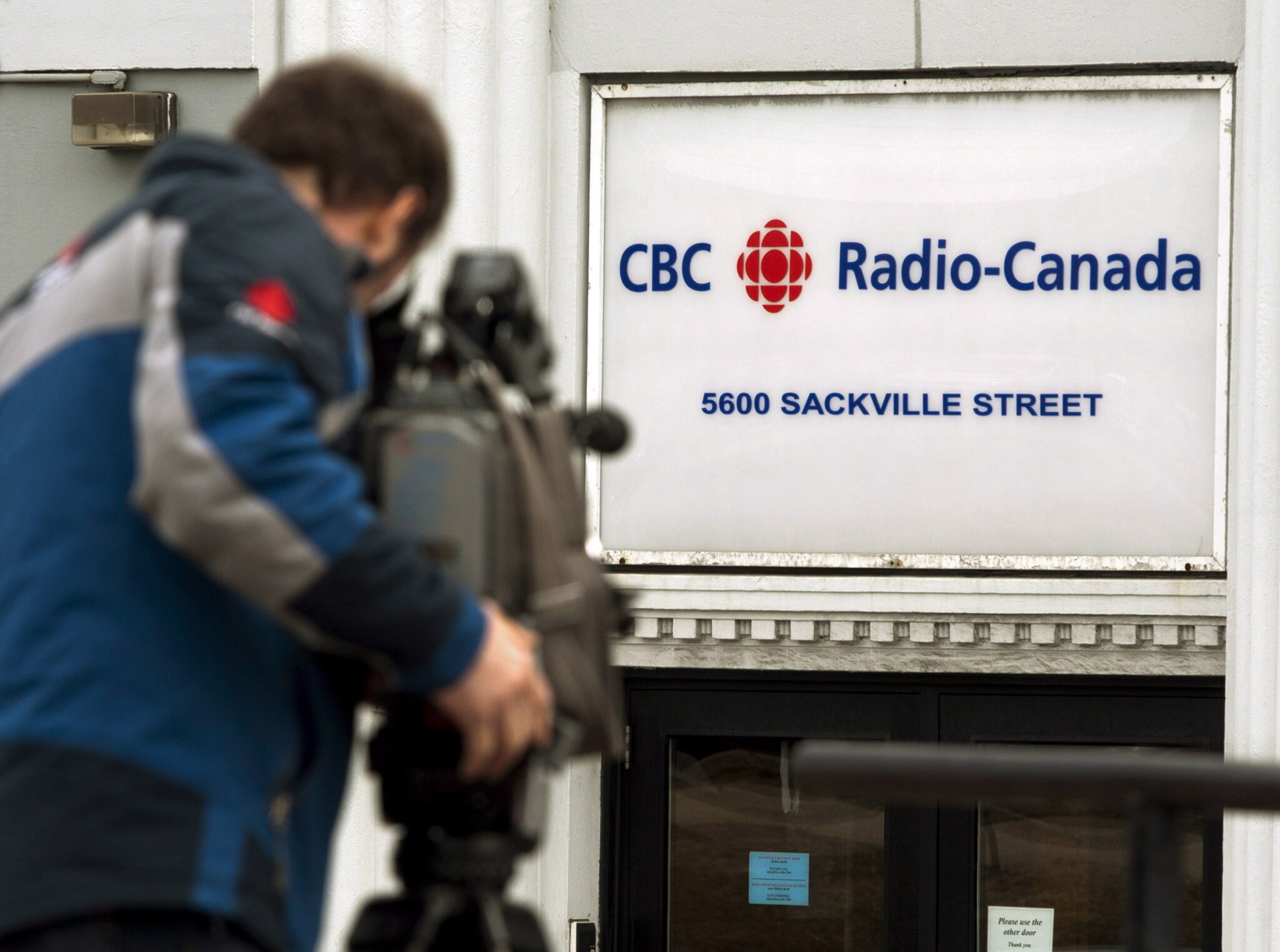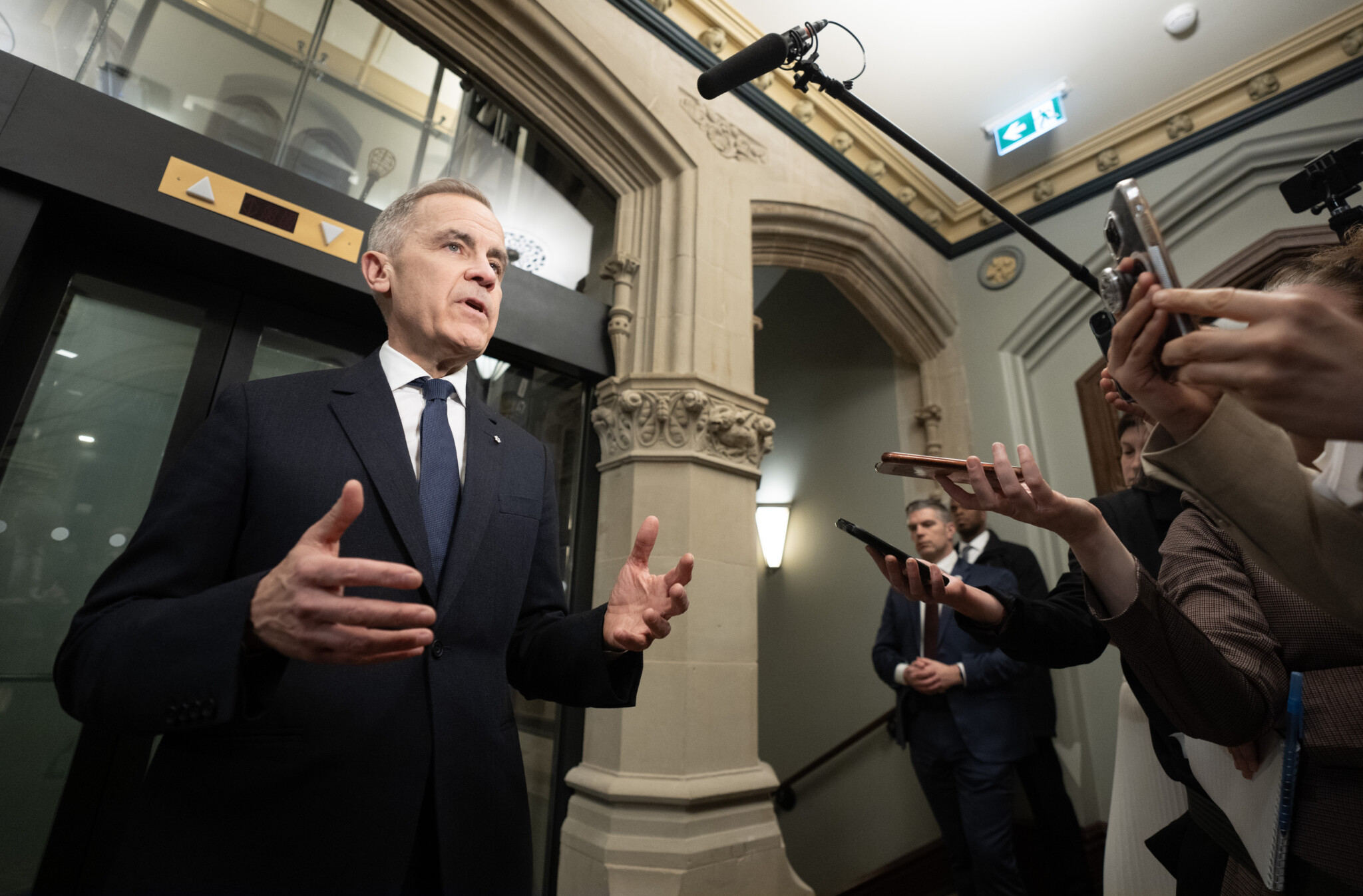Just over a week from now, Canada will wake up to a new world in which its news media are either free or permanently dependent upon the government.
The final week of this election could be remembered as the last stand of a free and trusted press in Canada.
If Canadians elect Mark Carney’s Liberals on April 28, funding for the CBC will grow, eventually doubling. Taxes will, of course, have to increase for this to happen. But Canadians will have made their choice, and all will pay more for a service that a very large number of them would have been happy to have discontinued.
As I pointed out in my recent paper for the Macdonald-Laurier Institute, the CBC is not a public broadcaster—it is a publicly-funded commercial news and entertainment corporation. Even the argument that “Hey, but at least Radio One is advertising-free” doesn’t stand up anymore. If you wish to access radio content through the CBC’s very popular website or other digital means, you have to wade through advertisements to get there; their radio content is commercialized, just not via its traditional vehicle.
And, as anyone with even the most remote understanding of technology trends knows, while video, audio, and text will carry on, over-the-air/cable entities and print are in a death spiral. The present and the future are digital, and everything the CBC does in that world is now commercialized. That is why, in 2016, newspaper publishers such as Phillip Crawley of the Globe and Mail were asking the government to forbid CBC’s expansion into the digital world.
As the Globe reported at the time:
“At hearings of the Canadian Heritage committee of the House of Commons, the CBC is increasingly described as a great disruptor of the media landscape, with its recent budget increase of $675-million over five years coming as losses are growing and newsrooms are closing in the private sector.”

A CBC cameraman in Halifax, April 4, 2012. Andrew Vaughan/The Canadian Press
Sadly, that advice was not taken, although there was some evidence it eventually sank in, albeit too late. The Liberals, then under Justin Trudeau, looked far more moderate and economically sensible than Carney on this file, once they became aware of the impact CBC has on the news industry ecosystem. They were moving towards banning advertising linked to CBC news content.
Carney’s Liberals, in contrast, are all in on the Mother Corp remaining a commercial enterprise. And that means that the more well-funded the CBC is, the larger its footprint will be and the fewer readers, viewers, listeners, and advertising dollars there will be for the rest of the industry. It’s just math.
In other countries, legacy news organizations have also struggled to navigate the vastly different media landscape created by the internet. Many have failed, but many new products more suited to the 21st century have launched. Meanwhile, famous old titles such as the Wall Street Journal, the Guardian, the New York Times, and the Telegraph have found a way to adapt, innovate, and maintain their reputations.
In Canada, once it was clear the government would ignore Crawley’s sage advice, the news industry approached the government for temporary, transitional aid, while conceding that long-term subsidies were unwise. But that thinking has been abandoned. Soon they were back for more, and the subsidy regime was so enhanced that it now has the appearance of permanence.
As a result, very little exciting or innovative is taking place within the subsidized part of the industry, which appears comfortable that at least the bills are getting paid.
Should Carney win and the CBC grow, there is no reason to believe the response from News Media Canada—the publishers’ lobbying arm—will be anything other than to ask for a further increase in its members’ subsidies. It is far easier than summoning the ability or ambition to function otherwise. Taxes will, of course, have to go up, but that’s what Canadians will have voted for.
Ultimately, this will mean that the codependence bond between the Liberals and the nation’s media will be permanently welded. Conservatives or others who believe that media and government should not be dependent upon each other’s support will be permanently positioned as a threat and will be encouraged to comply with this new status quo. It’s possible but unlikely that the Conservatives will maintain their position favouring free and independent media.
All that will make it even more difficult for holdouts—platforms such as The Hub, Blacklock’s Reporter, the Western Standard, and others that find the current arrangement morally repugnant—to compete.
This election began as the first in which, not just the CBC, but the overwhelming majority of media had a financial stake in the outcome. Yet apart from Carney’s promise to immediately provide CBC with (hint, hint) $150 million, and the noble efforts of Rudyard Griffiths and Sean Speer of The Hub, who demanded industry transparency, media funding has not been mentioned during this campaign.
That’s because when people find out how deeply connected the pay cheques of the nation’s journalists are to the politicians, the less they trust the news they watch, hear, and read.
When all is said and done, the future of a free and independent press and the public’s trust in it is on the line next Monday. It will live. Or it will die.









